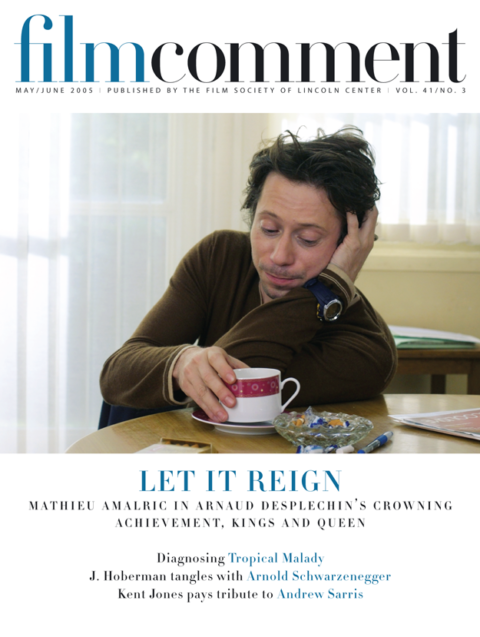
A man of a certain age is dying. The problem is his heart. Not only does it no longer pump as it should, but it has proven itself a failure in matters of love. Because the man still hungers for love, he decides to buy himself a new heart on the black market. Not just any heart but one that belonged to a young man – as young as the son he refuses to care for. But just as his old heart rejected his son, his body rejects this new heart. And since he was so heedless about how his new heart was obtained – that someone might have been murdered to give him a second chance at life – he will be punished by something worse than his own death. Claire Denis's The Intruder (L'Intrus) is a film as primal and resonant as the myths and fairy tales one reads as a child or the dreams that psychoanalysts call “autobiographical” in that they replay the major events and turning points of one's life in a way that, despite the jumble of time and space, is exceptionally vivid and realistic in its detail. Some viewers seem bothered that they can't sort out the real from the delirium and the memories from the prophecies in The Intruder. But would anyone demand that of an epic poem? Denis is one of cinema's greatest narrative poets, and The Intruder, the story of an adventurer, is her most adventurous cinematic poem. As in Beau travail, dialogue is minimal, but three or four metaphors carry us inward to the associative regions of the psyche and outward from the dense frozen forests of the Jura mountains to the terrifyingly serene expanses of the South Pacific. Agnès Godard's cinematography has never been more focused on the visceral; Michel Subor, Béatrice Dalle, and Grégoire Colin are magnificently present; the film's dogs, who exist between wildness and domesticity, are the sign of Denis's vision – and thieves of the heart as well.
Sales Company: [email protected]








